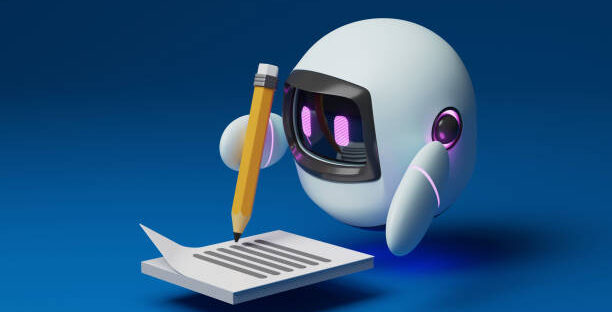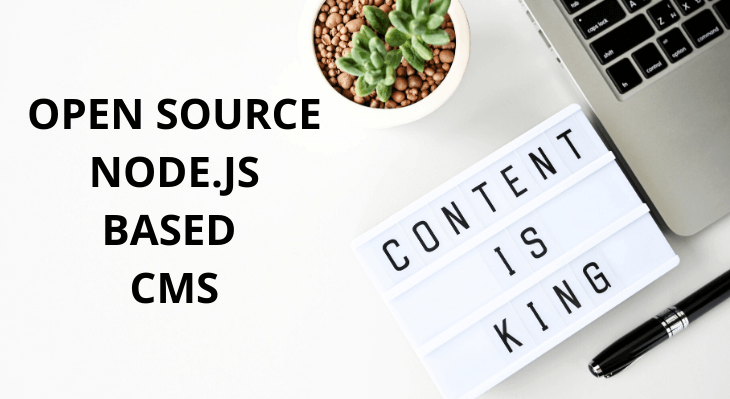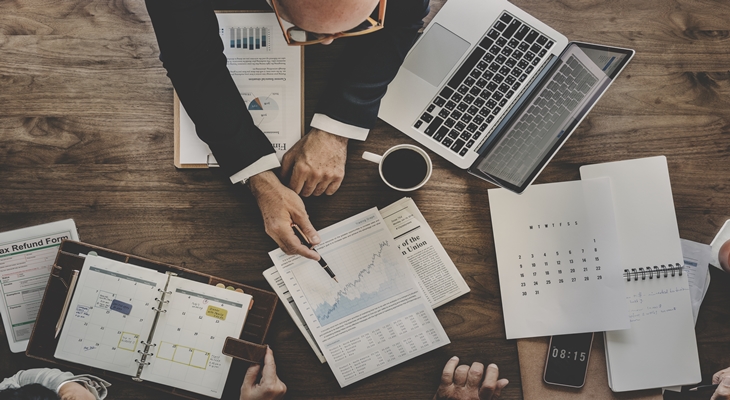Timely Insights from NEI Global Relocation on the Future of Work and the Business Impact of AI
"It's hard to overstate what "work" means to humanity—it's an integral part of what we do. A defining characteristic. From chariots to cathedrals, currency, jet planes, and colliders, our hunger for innovation is plain as day. But will our pursuit of technological advancements lead to further flourishing, or will we work ourselves out of a job?"
–Artificial Intelligence and the Future of Work
OMAHA, Neb., Jan. 3, 2024 -- AI is all around us and it's not new, but its capabilities have reached a stage of proficiency and usefulness that rivals human potential. From automating routine tasks to revolutionizing complex decision-making processes, AI's capabilities are reshaping industries and redefining professional roles.
Much could be said about the extent to which such advancements have and will impact industry at-large (see this comprehensive overview), but for a general understanding of how AI is changing work, consider the following key points:
Workforce Transformation and AI Integration
Automation of routine, repetitive tasks (i.e. manufacturing, food processing, etc.) and data-heavy jobs like clerical work and data entry are becoming increasingly more common. In most cases, these automations are freeing up employees to focus more directly on product quality, customer support, and innovation.
Industry-Specific Applications
Where significant automation has already occurred, for instance, automobile manufacturing, AI will likely serve to increase efficiencies, rather than replace workers. However, in creative sectors and industries that, to this point, have relied on complex human input (such as coding and content generation), AI is poised to make a big splash.
AI Fluency and Recruiting
Due to the rate at which AI solutions are being introduced into business settings, companies are increasingly focusing on recruiting talent that is proficient in creating and using Artificial Intelligence to accomplish company objectives.
Workforce Diversification
The globalization of the workforce, facilitated by AI and digital technologies, is leading to more diverse and geographically dispersed teams. This decentralization offers companies access to a broader talent pool, but presents challenges in managing a remote workforce.
For a deeper dive into the subject, see the comprehensive report "Artificial Intelligence and the Future of Work," which offers extensive insights and case studies on AI's evolving role.
View original content to download multimedia:https://www.prnewswire.com/news-releases/how-is-artificial-intelligence-changing-work-302022962.html
SOURCE NEI Global Relocation
Read More:
What is Lifi Technology? All You Need to Know About






